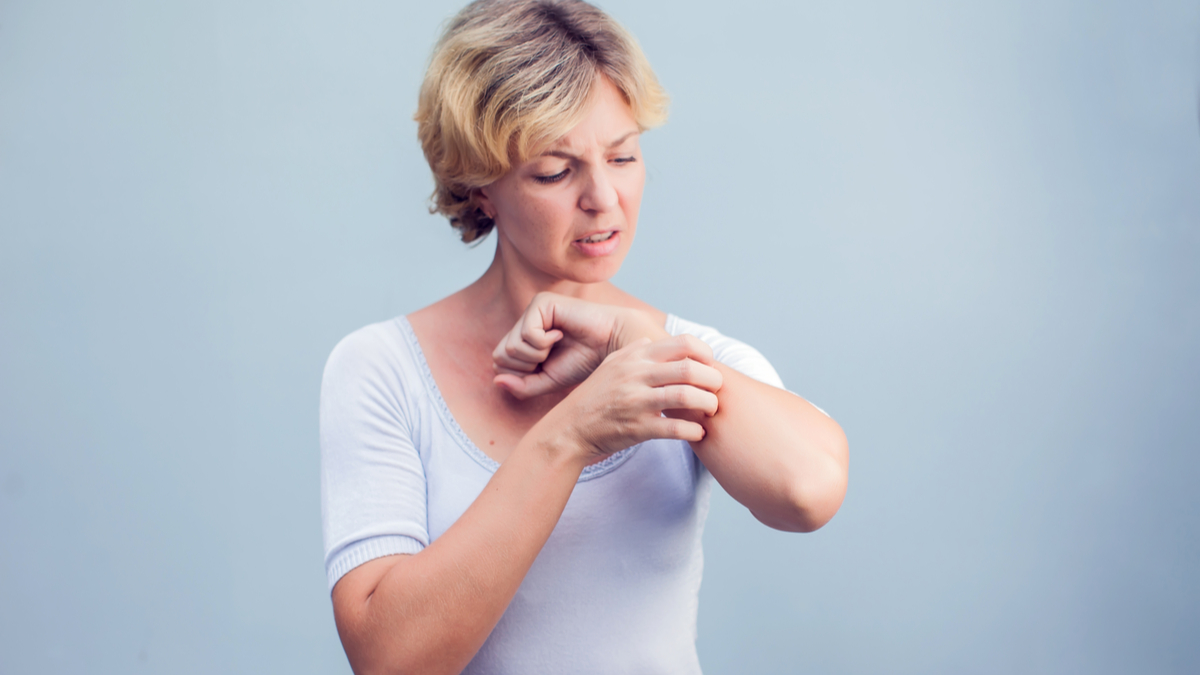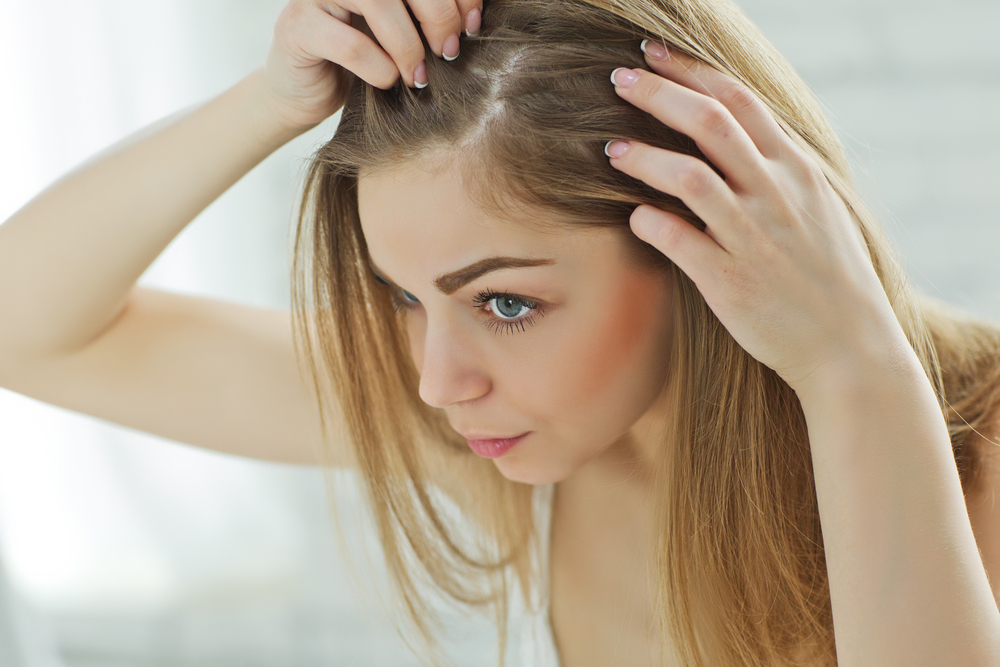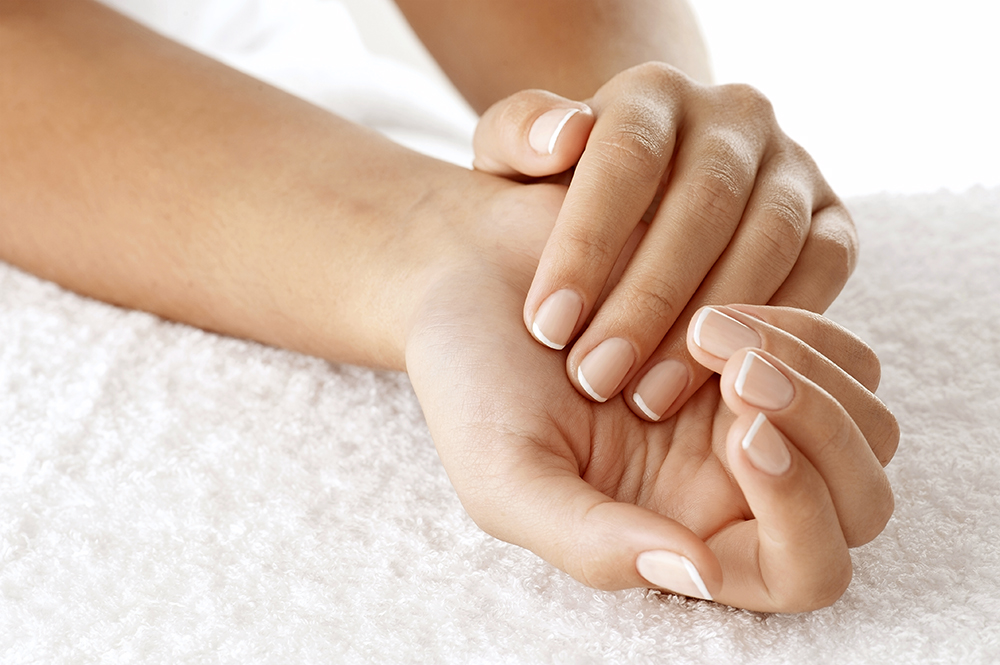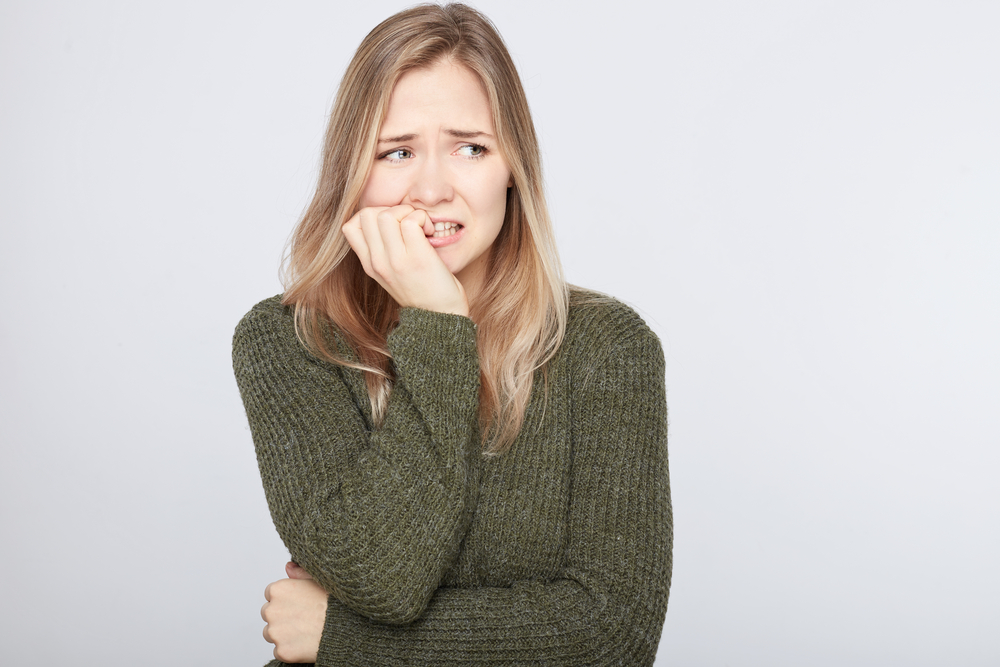We speak to hormone expert Dr Martin Kinsella, who reveals ten surprising symptoms of hormone imbalance…
Hormones are essential chemicals in the body that regulate a whole host of different processes. They’re well known for affecting our fertility, menstrual cycle and moods. But what many people don’t realise is the huge impact that they have on our whole body, from our skin to our hair and even our gums.
Dr Martin Kinsella is passionate about the ability of bio-identical hormones to improve the quality of lives for men and women. Here, he reveals the ten surprising symptoms of hormone imbalance…

1. Itchy skin that feels like something is crawling on it
‘Hormones help to regulate the moisture levels of your tissue and stimulate collagen production,’ explains Dr Martin Kinsella. ‘If your hormone levels are imbalanced the amount of collagen and oils that moisten the skin decreases and so the skin becomes dry and irritated.’
2. Bleeding gums/gum problems
The hormones oestrogen and progesterone can affect the health of your gums.
‘These are produced during particular stages of the menstrual cycle and as a result can make gums more susceptible to infection and bleeding at certain times of the month,’ explains Dr Kinsella. ‘You may notice that your gums are more likely to bleed during your period or the week after, this is because high levels of progesterone are released during your period, as well as a few days before and after. So the bleeding gums, gum swelling, soreness etc are signs of your body fighting inflammation and they are most obvious when your immune system is being strengthened by progesterone. Oestrogen does the opposite to the immune system and supresses it, which is why symptoms such as bleeding gums will reduce during the middle of your menstrual cycle.’

3. Thinning hair on the head
‘Levels of the female hormones oestrogen and progesterone fall during the menopause and testosterone increases,’ explains Dr Martin Kinsella. ‘This can affect hair follicles and cause the hair to thin as well as to become finer in texture. This imbalance can also have an impact on your thyroid gland and this can have an effect on the hair too.’
4. Increased facial hair
As women age they often notice increased facial hair. ‘During the menopause hormone levels change’ explains Dr Martin Kinsella. ‘This imbalance can lead to more hair growing on the face and body. Fortunately, there are now lots of effective treatments that can permanently reduce unwanted hair such as laser treatments.’
5. Tinnitus (ringing in the ears)
‘In the last decade there has been more research about how hormones can affect the central and peripheral nerves,’ explains Dr Martin Kinsella. ‘Low estradiol for example is thought to be responsible for confusion in transmitting sound signals from the ear to the brain. For this reason, a hormone imbalance could be the cause of ringing in the ears, also known as Tinnitus.’

6. Brittle fingernails
If you think your fingernails are the last thing that can be affected by hormones, then you’re wrong!
‘The fluctuation of hormones such as oestrogen can result in a range of unexpected symptoms,’ explains Dr Martin Kinsella. ‘Oestrogen is one of the hormones that contribute to regulating water levels in your body. As you go through the menopause the levels of oestrogen in your body will continually drop, affecting your fluid balance. Dehydration can result in brittle nails. In addition to menopause this can happen at various times of your life such as during pregnancy or if there is a problem with your hormone levels for another reason.’
7. Incontinence
Incontinence can be one of the more embarrassing symptoms of hormone imbalance. ‘As women get older their oestrogen levels drop,’ explains Dr Martin Kinsella. ‘Oestrogen is the hormone that keeps your bladder and urethra healthy and as a result of this drop, the pelvic floor muscles can become weak. This is particularly common for women who are approaching or experiencing the menopause but fortunately, there are now a range of non-surgical treatments available to help with these symptoms.’
8. Changes in body odour
‘Women who are experiencing hormonal fluctuations can often experience changes in the severity and smell of their body odour,’ explains Dr Martin Kinsella. ‘When oestrogen levels drop the body often mistakenly thinks it’s overheating and this can result in excess sweating, which can contribute to the odour.’

9. Anxiety
The symptoms of hormone imbalance can include our mental health too. ‘When you experience stress your cortisol level (a steroid hormone) increases,’ explains Dr Kinsella. ‘This slows down the body’s ability to make testosterone. The increased cortisol combined with the lowered testosterone makes many people feel more anxious.’
10. Bloating
‘Around the menopause we get low progesterone levels. It’s the imbalance between a lack of progesterone and too much oestrogen that can cause bloating,’ explains Dr Kinsella. ‘Bloating is different to weight gain and not to be mistaken. The difference is that bloating often causes sudden changes, for example at different times of the day such as after meals. In contrast, weight gain doesn’t usually cause such quick changes.’







